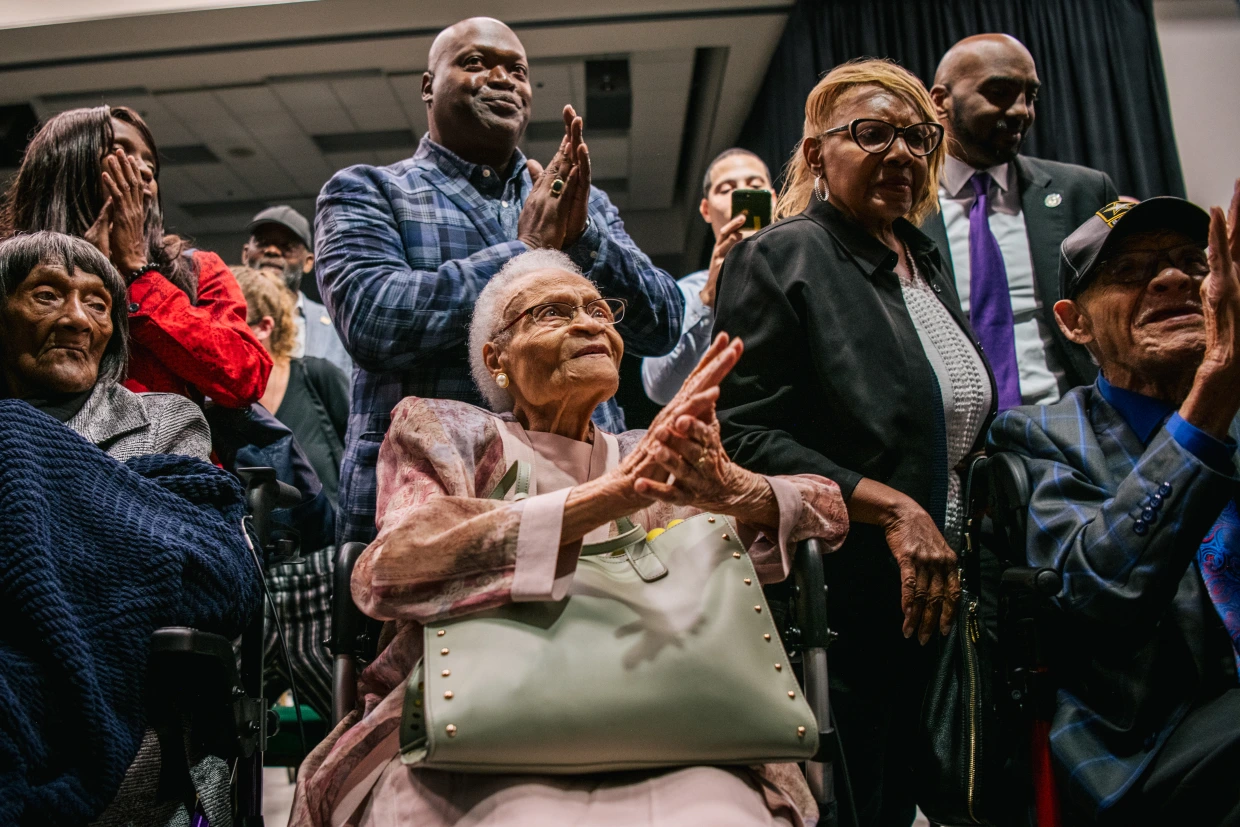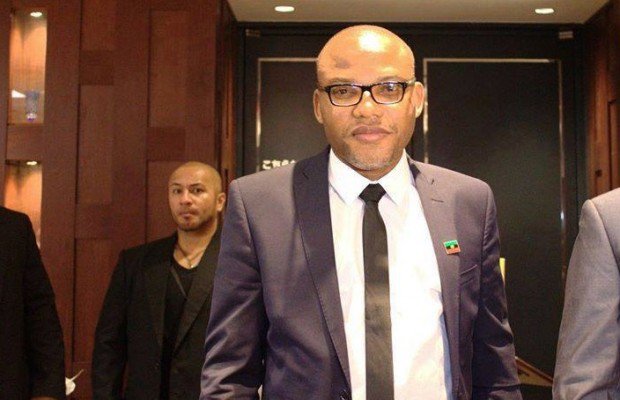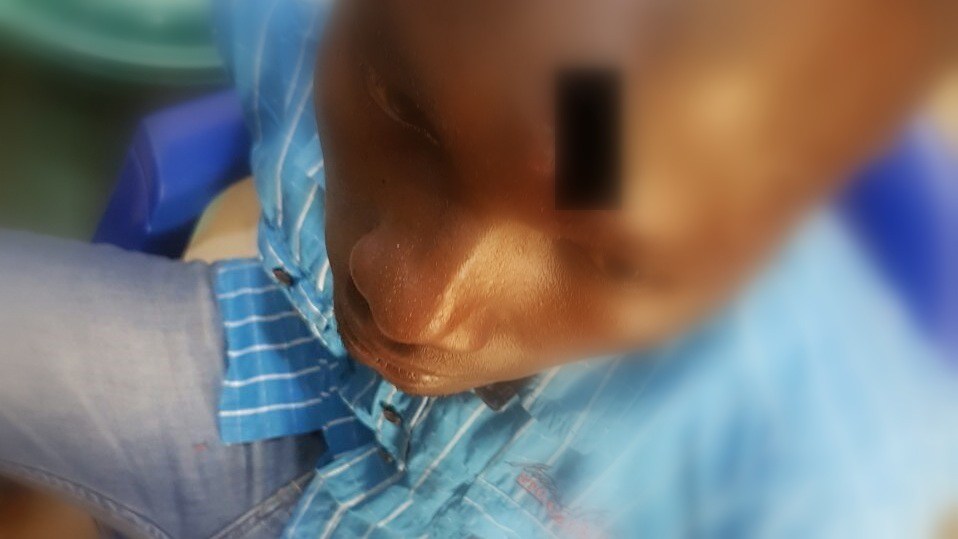
Descendants and survivors of the 1921 Tulsa Massacre have lodged an appeal with the Oklahoma Supreme Court seeking to revive a case recently dismissed by a lower court. The appeal centers on the demand for reparations concerning the century-old assault on the thriving Black neighborhood known as “Black Wall Street.” Lawyers advocating for the Tulsa survivors disclosed this appeal during a press conference at the Oklahoma Judicial Center in Oklahoma City on Monday. They emphasized that the prior dismissal by the lower court was erroneous.
Damario Solomon-Simmons, a civil rights attorney and founder of the Justice for Greenwood Foundation, asserted, “We draw strength from the legacy of those who suffered during the massacre and from the resilience of those who have been tirelessly advocating for justice since that fateful moment.”
Solomon-Simmons, who initiated the lawsuit utilizing Oklahoma’s public nuisance law, aims for the higher court to remand the case back to the district level for thorough investigation and a comprehensive evaluation by a judge.
The trio of survivors, namely Lessie E. Benningfield Randle, Hughes Van Ellis, and Viola Fletcher, each over a century old, previously launched a legal action denouncing the 1921 massacre as one of the most egregious instances of domestic terrorism in the history of the United States subsequent to slavery. They contended that the assault deprived thousands of Black residents of their autonomy, leaving a lasting adverse impact on the community.
The lawsuit, which was filed in 2020, sought reparations for victims and descendants, including punitive damages, an allocation for compensatory purposes, a scholarship initiative benefiting descendants of those residing in the Greenwood district at the time of the massacre, mental health and educational programs for Greenwood residents.
The news conference on Monday did not include the presence of Ellis, Fletcher, and Randle.
In 1921, the Greenwood neighborhood of Tulsa flourished with Black-owned enterprises until it was ravaged by white rioters, resulting in the destruction of 35 blocks, over 1,200 residences, and businesses. The violence led to the loss of as many as 300 lives and injuries to at least 800 others. Furthermore, over 9,000 Black residents were rendered homeless, while property damage throughout Greenwood was estimated to be valued between $50 million and $100 million in contemporary currency, as outlined in the lawsuit.
Notably, neither the city nor insurance companies provided compensation for the victims’ losses. The aftermath of the massacre engendered persisting racial and economic disparities, which the lawsuit asserts are still observable today.
Among the entities named as defendants in the original lawsuit are the City of Tulsa, Tulsa County, the Tulsa Development Authority, and the Oklahoma Military Department. The suit was dismissed with prejudice by Oklahoma Judge Caroline Wall in a July ruling, preventing its re-filing in state court.
A spokesperson for the City of Tulsa, Michelle Brooks, declined to comment due to ongoing legal proceedings, according to The Associated Press.
Regina Goodwin, a representative of the Oklahoma House for the 73rd District, conveyed her concerns during the press conference, suggesting that Wall’s ruling perpetuates suffering and injustice for the massacre survivors. Goodwin, whose great-grandfathers were survivors of the massacre, remarked, “The struggle just to get a fair trial is an ongoing reality for many Black individuals, both past and present.”





